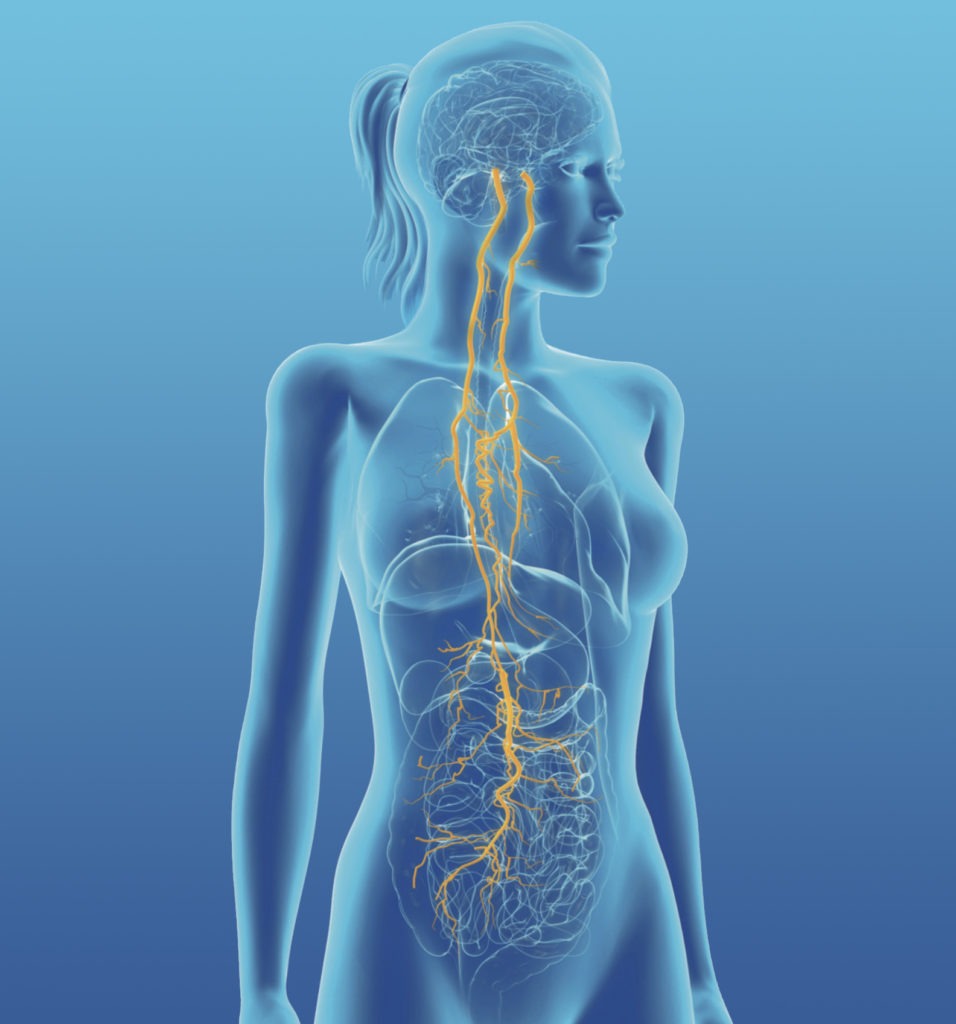The Gut-Brain Connection
We are beginning to hear and read about a new health-related term, the gut-brain connection. Soon, I predict, this topic will be everywhere.
So what in the devil’s name is the gut brain connection, and how is it related to the aging brain and brain health? Ahhh, I am so glad you asked!
…We are just discovering that the gut is playing a critical role in the health and functionality moment to moment of your brain”
David Perlmutter, M.D.
A few years ago, in a variety of scientific journals—from ones focusing on specific components of the body, like Cell, to ones dealing with all aspects of a disease like, The Rheumatologist—scientists and doctors began exploring the relationship between our guts and our brains.
Independently, these groups of researchers found a strong connection between the health of our gut/stomach/colon, (pick your favorite term) and the general health of the rest of the body, most importantly for this discussion, our brain.
Wow, that’s BIG news!
In fact, a growing number of scientists now refer to the gut as the second brain, saying as goes our gut health, so goes the rest of the body’s level of health.
In other words, poor gut health = poor brain health = poor general health.
Leaky Gut and The Gut-Brain Connection
Leaky gut is a direct example of the gut-brain connection.
When we are young and bulletproof, that pretty much proved true for almost everything, including the health of our gut, our gut flora, or as you sometimes see it now, our gut microbiome. Decades of ingesting too much processed food and enough refined sugar to fill an entire train of railcars can hurt us in later years.
Inflammation resulting from these food choices takes over our colons and allows the “bad” bacteria (inflammation and disease-causing bacteria) of our gut to float off and take up residence in other organs, causing them to become inflamed, cease working efficiently, and eventually be damaged, permanently. This is what is known as leaky gut.
In double-step time this bacteria/inflammation killer combo reaches our brains, and before too long starts killing brain cells.
No kidding.
Inflammation Impact on the Brain
Why does inflammation kill brain cells?
Because the brain isn’t equipped to deal well with inflammation.
Inflammation begins in the colon when we disrupt the gut flora with a diet high in sugar and refined carbohydrates (processed foods) and by taking medications that wreak havoc with that flora balance. Antibiotics like penicillin, and Clostridium Difficile (C-Dif), and what Dr. Perlmutter thinks might be the biggest issue: acid-blocking drugs called proton pump inhibitors, can all cause inflammation.
When we alter the balance of the gut, it changes the environment in which all strains of bacteria can survive.
Certain strains will live and thrive, others will die, and then we lose the favorable balance of the gut microbiome. That leads to leaks in the gut allowing certain bacteria to travel northward, causing brain inflammation, aging of the brain, and impaired brain health.
Another side effect of acid blocking drugs is irritable bowel syndrome, and even more importantly, a 40% increased risk of dementia from chronic users of these acid blocking drugs. Add stress into the mix and you create the perfect deadly cocktail for attracting cognitive decline and Alzheimer’s disease.
Now for the good news: when we cut down on, and move toward eliminating, sugar and refined carbs, adhere to the regime of vitamins Dr. Ames suggested, and incorporate a few other lifestyle changes I will discuss in the coming weeks, we can rebuild the gut’s Garden of Eden and put our bodies on the path toward being vibrant.
Until next time…Be Vibrant!
*Interview with Dr. Mark Hyman, 2017.
Subscribe to Receive
Vibrant Aging™ Tips
Delivered Right to Your Inbox
&
Vibrant Aging™ Coach
L.J. Rohan is a Gerontologist (University of Southern California’s Davis School of Gerontology), Certified Aging in Place Specialist (CAPS), and Vibrant Aging™ Coach. L.J. is dedicated to redefining the aging process. With a focus on holistic well-being, she combines scientific research and practical insights to guide women age 55+ towards a vibrant, fulfilling life. Her work has been featured in numerous publications and she frequently speaks at institutions such as Yale University and Southern Methodis University. Be Vibrant!
